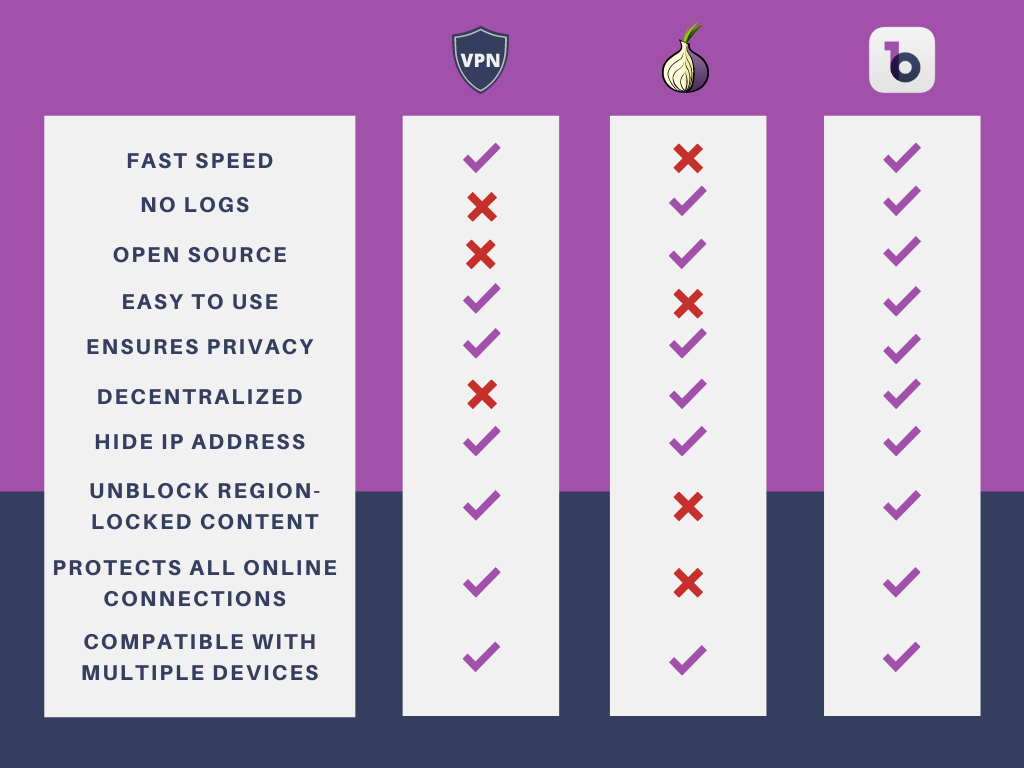Featured
Table of Contents
Using Tor With A Vpn
The creators describe Tor as software application that helps safeguard you online. It's a free tool that many privacy nuts utilize. When you utilize the Tor Web browser, it reroutes your web traffic through the Tor network of volunteer servers scattered all over the world. Each connection bounces through 3 servers prior to reaching the intended location.
Assists bypass geoblocking and censorship: if some website is blocked in your country, Tor can allow you to access it. Slow: your data gets bounced through 3 random relays. Your connection can just be as quickly as that of the slowest node. That's why lots of. onion websites look so barebone compared to routine sites.

Using it to download files decreases your internet connection even more. So many Tor users would need to wait three times as long to download something. Node vulnerability: if you're not using an HTTPS connection, your data shows up on the exit node. As Tor operates on a volunteer network, you can't understand if your information isn't being intercepted.
Tor Vs Vpn: What's The Difference And When To Use Each
Bad for accessing specific geoblocked material: it's difficult to gain access to geoblocked content that is only readily available in a single nation. Random node selection means you can't really control the country where your exit node and the IP service checks out will be. Restricted ease of access to sites: some daily websites obstruct Tor network connections.
Being able to choose what server you'll connect to, just routing information by means of a single server, and having the company take care of the servers ensures that the VPN connection is almost as fast as utilizing unguarded internet. However, this method is more pricey to maintain. Good web speed: given that VPNs just bounce your signal by means of a single server, your connection is much quicker.
This allows Tor to make sure that none of the servers understand both the sender of the data and its destination, while a VPN guarantees better speed and an actual option of server. Significantly, a VPN can provide a multiple-server feature. For instance, Dynamic Multi, Hop enables Surfshark VPN users to choose two servers to route their information through.
Tor Vpn Explained – Why, How And When To Use It
If your internet traffic links to the VPN server before the Tor network, the VPN server spoofs your IP. That suggests that even if the Tor entry node is jeopardized, the interested celebration will not be able to get your IP address.
However if you're using Tor, you're refraining from doing so for speed. As long as you have actually a relied on VPN provider, utilizing the Tor web browser with a VPN might be a worthwhile compromise. Tor and VPNs are personal privacy tools with comparable purposes. Nevertheless, they work really differently and have special benefits and drawbacks.

Tor is safer for sharing delicate information or anything else that may put you at risk. A VPN, on the other hand, is much faster.
Tor Vs Vpn: Which One Is Better? - The World's Best And Worst
Tor will encrypt the Spotify website but not the app, while a VPN will secure both. Tor runs your data through several layers of file encryption at as soon as, while VPN suppliers typically just use one layer.
Yes. Tor conceals your IP when you are searching for something on Tor. It's essential to keep in mind, though, that this only applies to the internet browser itself. Any traffic that does not go through Tor will be exposed. Using a VPN with Tor can lead to web speed downturns: You are routing data through 4 servers; The VPN server and the Tor entry server may lie far apart.
VPN is much better for streaming, downloading, and other day-to-day usages. In short, the distinction is that Tor paths your internet traffic through three random servers and encrypts it three times, VPN routes it via a single server of your choice and encrypts it once, and a proxy just routes your traffic via a single server.
I2p Vs. Tor Vs. Vpn: Which Is More Secure?
No matter why you desire to remain incognito online, you're most likely to choose a Virtual Private Network (VPN) or Tor browser. To put it merely, Tor is best for those transferring delicate information.
Table of contents Tor and VPN are tools utilized to stay anonymous online. The Tor internet browser is a complimentary, open-source job allowing you to browse the web anonymously.
Yes, the name sounds ridiculous, but the idea behind it is brilliant: the Tor internet browser network is constructed of layers upon layers of independent nodes run by Tor users. A VPN helps you protect your online privacy by producing a protected connection to any network or server online.
Tor Over Vpn: Is It Useful If You're Not A Whistleblower?
The essential distinction in between Tor and a VPN is that there are numerous VPN tools and company offered but just one Tor internet browser network. Tor depends on a decentralized layer of independent nodes to move information firmly, while VPN software links to a central server to provide a secure VPN tunnel.
Latest Posts
Vpn.group: We Know Vpn - Reviews And Information -
Who Owns Your Vpn? 105 Vpns Run By Just 24 Companies
9 Best Vpns For Home And Business In 2022